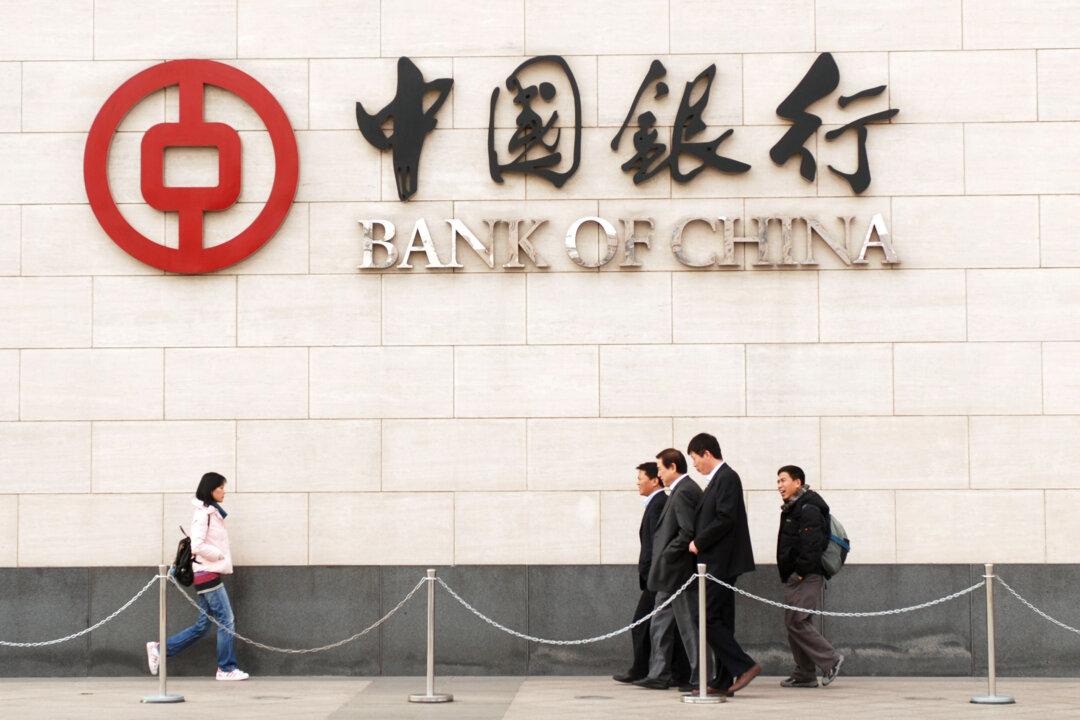China has a massive debt problem. The good news is: All problems eventually solve themselves, the question is just how and at what cost.
According to a Reuters report, China has now taken a proactive approach to solving its debt problems, which is different from a wholesale devaluation of the currency or massive write-offs and bank restructurings.
“They are evergreening problem loans instead of actually writing them off. So they look money-good on the balance sheet, but the problem is just kicked forward in time,” said Evan Lorenz, the China specialist at Grant’s Interest Rate Observer.
Now China has taken the whole rolling over loans idea to a whole new level. According to inside sources cited by Reuters, China will launch a new policy that allows the state banks who own the problem loans (anywhere between $7 trillion and $10 trillion in size) to convert them to equity. Translated this means the state owns the banks and the banks own companies which would otherwise be bankrupt.
Short Term Gain
In the short term, this new policy, which hasn’t been officially confirmed, is a smart move. First, it frees up statutory capital requirements for the banks, as the risk weightings for investments are lower and they won’t have to set aside capital for bad loans anymore. This has already happened in practice, says Andrew Collier of Orient Capital Research:
“The banks have started to evade lending restrictions. For one bank I saw, there was a 30 to 40 percent increase in investments. That could be a sort of bond or equity, or custom project but not strictly loans. There is very little disclosure regarding investments, so they can do what they want. Their risk weightings are a lot lower. It moves from being a loan to being an investment. They evade the central bank’s restrictions.”

Once the bank loans become equity it is not at all unlikely the investment into a state-owned firm would carry a special risk weighting, probably very low, and would not have to be marked to market. It would be immune from market pricing of the equity, which would probably be closer to zero rather than par.





